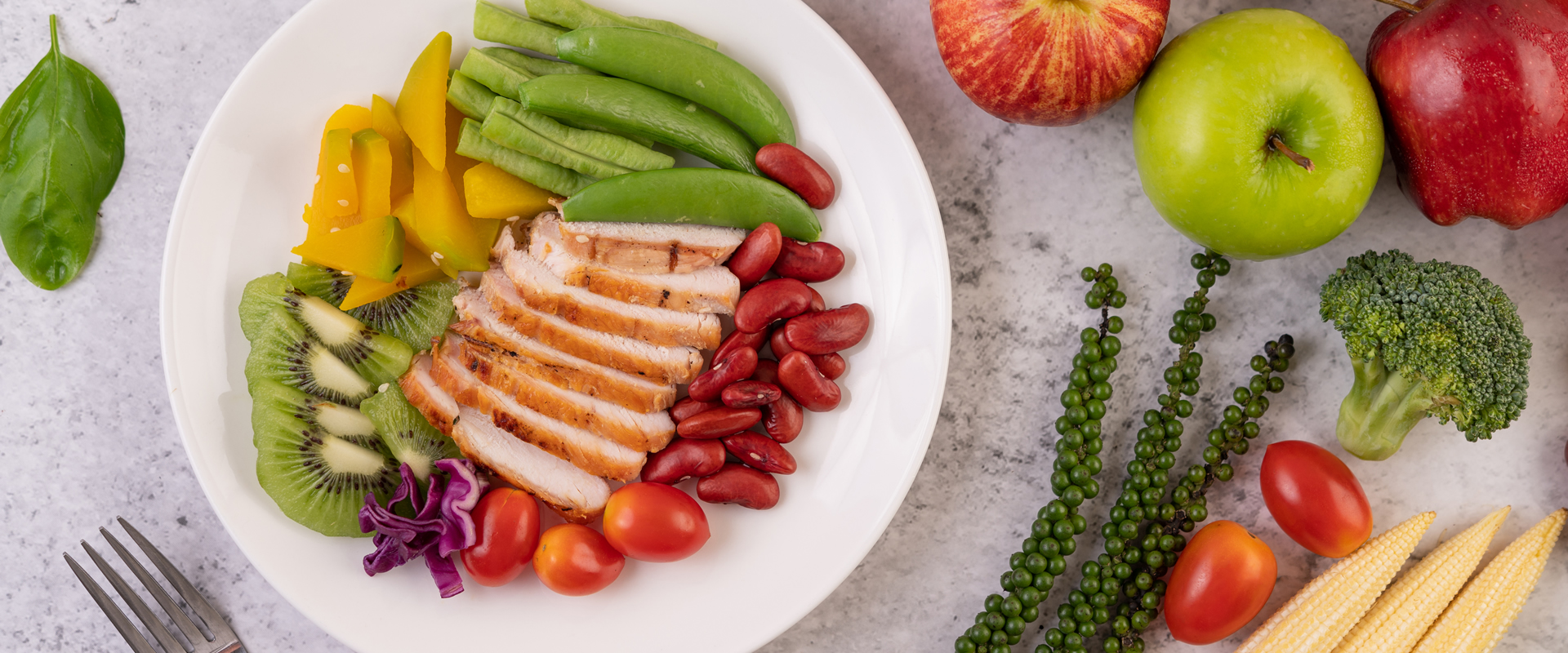
Nutrition and Blood Pressure: Understanding the Role of Diet in Managing Hypertension
Introduction
High blood pressure, or hypertension, is a common health condition characterised by elevated blood pressure levels that can lead to serious cardiovascular complications if left untreated. While factors such as genetics, age, and lifestyle habits contribute to hypertension, diet plays a significant role in both the development and management of high blood pressure. In this blog post, we’ll explore how nutrition can affect blood pressure and how dietary changes can help individuals manage and lower their blood pressure levels.
The Link Between Nutrition and Blood Pressure:
Dietary patterns and food choices have a direct impact on blood pressure levels. Consuming a diet high in sodium, saturated fats, processed foods, and added sugars can contribute to hypertension by increasing blood volume, constricting blood vessels, and promoting inflammation and oxidative stress. On the other hand, adopting a balanced diet rich in whole foods, fruits, vegetables, lean proteins, and healthy fats can help lower blood pressure and improve cardiovascular health.
Key Nutrients for Blood Pressure Management:
Several nutrients have been shown to play a beneficial role in blood pressure regulation:
- Potassium: Potassium helps regulate blood pressure by counteracting the effects of sodium and promoting vasodilation (widening of blood vessels). Foods rich in potassium include bananas, spinach, sweet potatoes, avocados, and beans.
- Magnesium: Magnesium supports cardiovascular health and helps relax blood vessels, reducing blood pressure. Magnesium-rich foods include nuts, seeds, whole grains, leafy greens, and legumes.
- Calcium: Calcium is essential for maintaining healthy blood pressure levels and muscle function. Dairy products, leafy greens, fortified foods, and calcium supplements are good sources of calcium.
- Fibre: Dietary fibre helps lower blood pressure by promoting satiety, reducing cholesterol levels, and improving digestion. Foods high in fibre include fruits, vegetables, whole grains, legumes, and nuts.
- Omega-3 Fatty Acids: Omega-3 fatty acids, found in fatty fish, flaxseeds, chia seeds, and walnuts, have anti-inflammatory properties and may help lower blood pressure and reduce the risk of heart disease.
Dietary Strategies for Managing High Blood Pressure:
Making simple dietary changes can have a significant impact on blood pressure levels and overall cardiovascular health:
- Reduce Sodium Intake: Limiting sodium intake is crucial for managing hypertension, as high levels of sodium can increase blood pressure. Avoid processed foods, fast food, canned soups, and salty snacks, and opt for fresh, whole foods seasoned with herbs, spices, and lemon juice instead.
- Increase Potassium-Rich Foods: Incorporate potassium-rich foods into your diet, such as fruits, vegetables, legumes, nuts, and seeds. These foods help balance sodium levels in the body and promote healthy blood pressure.
- Focus on Whole Foods: Base your diet on whole foods, such as fruits, vegetables, whole grains, lean proteins, and healthy fats, while minimising processed and refined foods. Choose nutrient-dense options that provide essential vitamins, minerals, and antioxidants to support cardiovascular health.
- Limit Saturated and Trans Fats: Reduce your intake of saturated and trans fats, which can raise cholesterol levels and increase the risk of heart disease. Choose lean proteins, such as poultry, fish, tofu, and legumes, and opt for healthy fats, such as olive oil, avocado, nuts, and seeds.
- Moderate Alcohol Consumption: Limit alcohol consumption to moderate levels, as excessive drinking can raise blood pressure and increase the risk of heart disease. Stick to no more than one drink per day for women and two drinks per day for men.
The DASH Diet:
The Dietary Approaches to Stop Hypertension (DASH) diet is a well-researched dietary pattern that has been shown to lower blood pressure and improve cardiovascular health. The DASH diet emphasises fruits, vegetables, whole grains, lean proteins, and low-fat dairy products while limiting sodium, saturated fats, and added sugars. Following the DASH diet can help individuals manage hypertension and reduce their risk of heart disease.
Conclusion:
Nutrition plays a crucial role in blood pressure regulation, and dietary changes can significantly impact blood pressure levels and cardiovascular health. By adopting a balanced diet rich in potassium, magnesium, calcium, fibre, and omega-3 fatty acids, while limiting sodium, saturated fats, and added sugars, individuals can effectively manage and lower their blood pressure. Incorporating whole foods, reducing processed foods, and following dietary patterns such as the DASH diet can help individuals achieve better blood pressure control and improve overall cardiovascular health. With a focus on nutritious eating habits, individuals can take proactive steps to prevent and manage hypertension and reduce their risk of heart disease and other complications.
